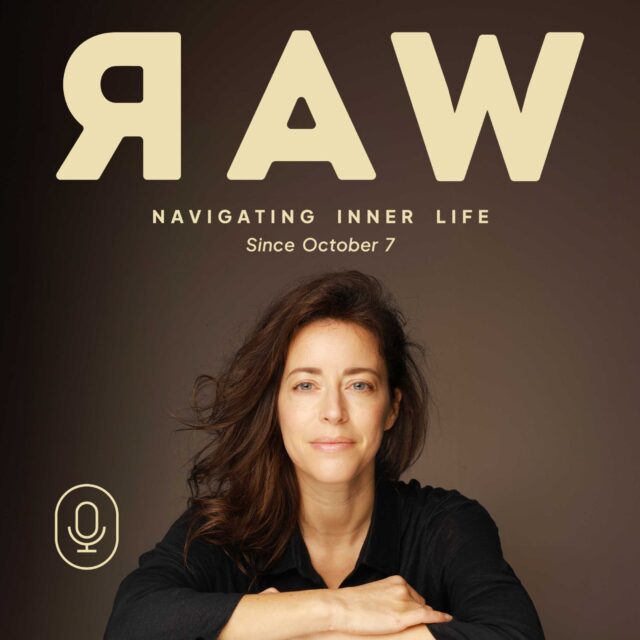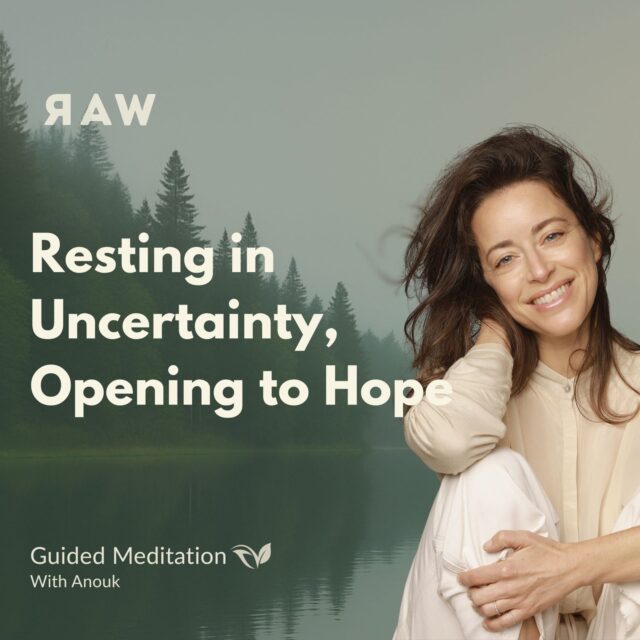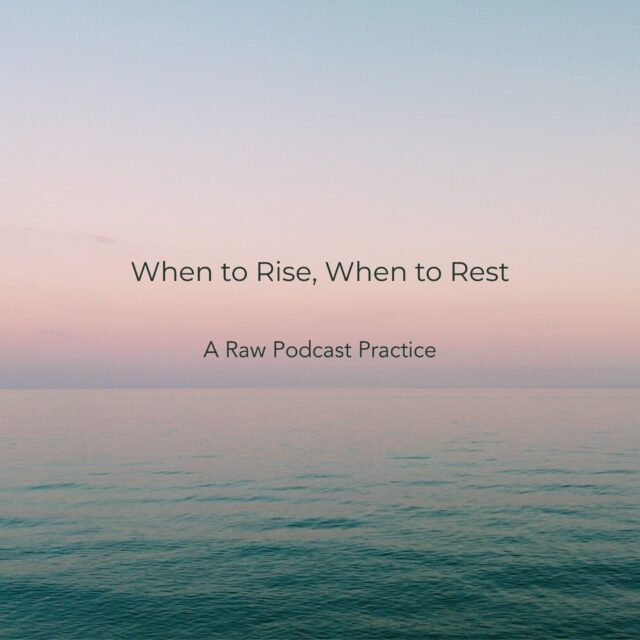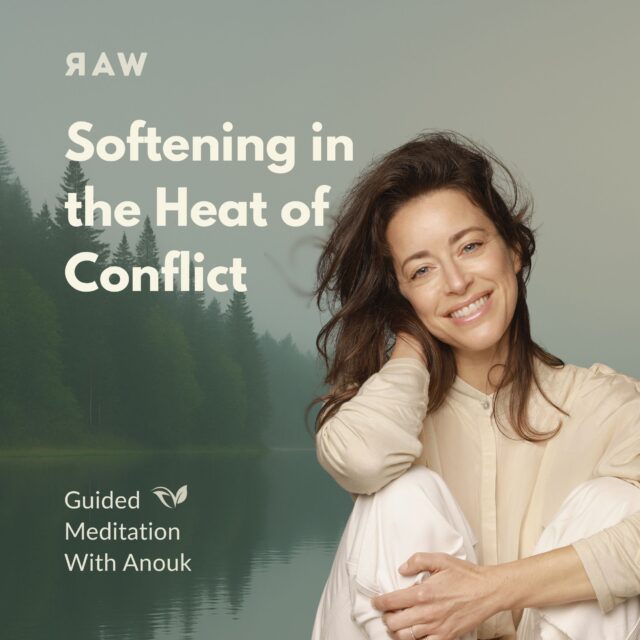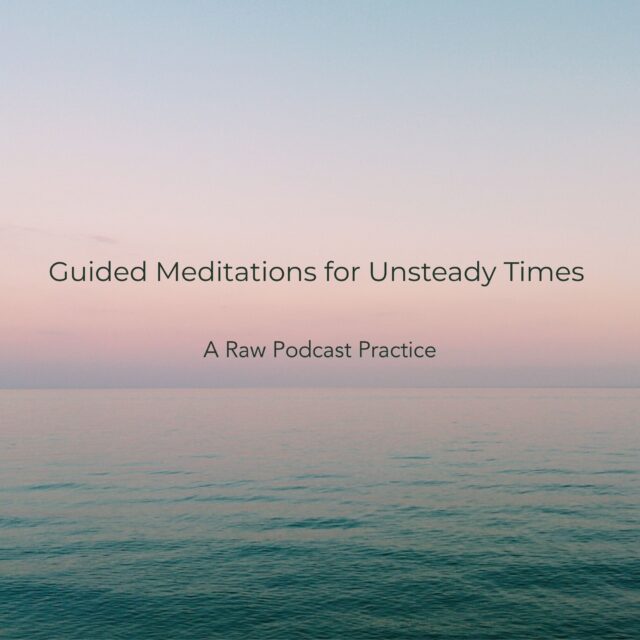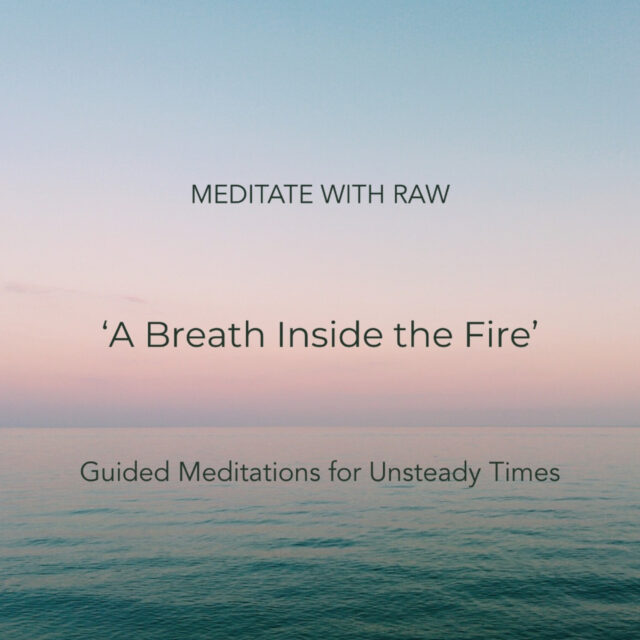In the aftermath of October 7, when so much was shattered, Dr. Lia Naor helped build something extraordinary.
Within days, she and a small group of colleagues created what became known as the Healing Space in Rishpon, a volunteer-run trauma center that has since cared for more than 20,000 people, offering over 60,000 hours of therapy in dozens of healing modalities.
It became a living sanctuary for survivors, evacuees, and therapists — a place where people could gather, breathe, and slowly return to themselves.
Lia Naor is a clinical psychologist, researcher, and national representative of the International Ecopsychology Society. Her work stands at the intersection of psychology, nature, ritual, and community, exploring how the land itself can become a partner in recovery and how belonging and connection to place can help restore what trauma has torn apart.
This conversation is about the deep ecology of healing:
how we root ourselves again in life after devastation,
how beauty and grief can coexist,
and how acts of care, both human and ecological, become quiet forms of resistance.
✨ Subscribe to RAW wherever you listen to podcasts, and join the mailing list at WithAnouk.com
for new episodes, reflections, and meditations.

